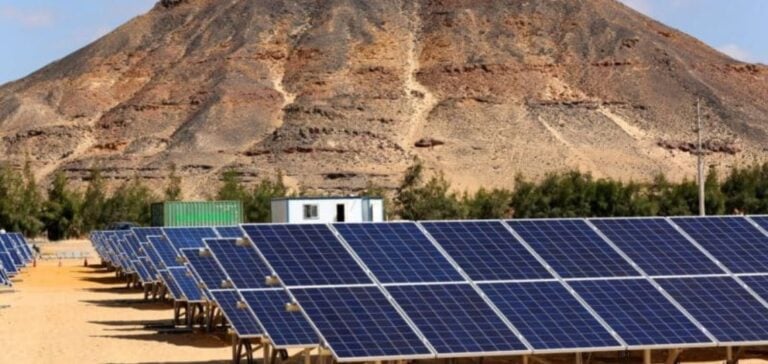EIB Global’s Green Sustainable Industry (GSI) program will provide 135 million euros, supplemented by a 30 million euro grant from the European Union and funding from Agence Française de Développement (AFD). The aim is to unlock substantial climate investments, helping Egyptian companies make the transition to cleaner, more efficient production.
Compliance and Competitiveness
This funding will also help Egyptian companies to comply with the European Union’s border carbon adjustment mechanism, which will come into force in 2026. This compliance is crucial to maintaining the competitiveness of Egyptian exports to Europe, by avoiding the additional costs associated with carbon emissions.
Strategic Partnerships
The financing agreements were signed by key representatives, including Rania Al-Mashat, Minister of International Cooperation, and Yasmine Fouad, Minister of the Environment. This initiative underlines Egypt’s commitment to supporting industrial transition and reducing pollution through targeted investment strategies.
Impact on Industry
The GSI program aims to eliminate industrial pollution and promote the use of cleaner fuels, such as renewable energy and hydrogen. In addition to financial support, technical assistance will be provided to help industries adopt efficient technological solutions to meet climate and environmental challenges.
EU commitment
Gelsomina Vigliotti, ISB Vice-President, stressed the importance of collaboration between Egypt and the European Union in this initiative. The GSI program combines technical expertise and financial commitment to facilitate Egyptian companies’ access to climate financing and stimulate investment in renewable energies and pollution reduction. This initiative is a continuation of ISB’s efforts to support targeted industrial investment in Egypt over the past two decades. The new program reinforces support for circular economy practices, energy efficiency and sustainable investments by industry, aligned with the EU’s Global Gateway priorities.






















